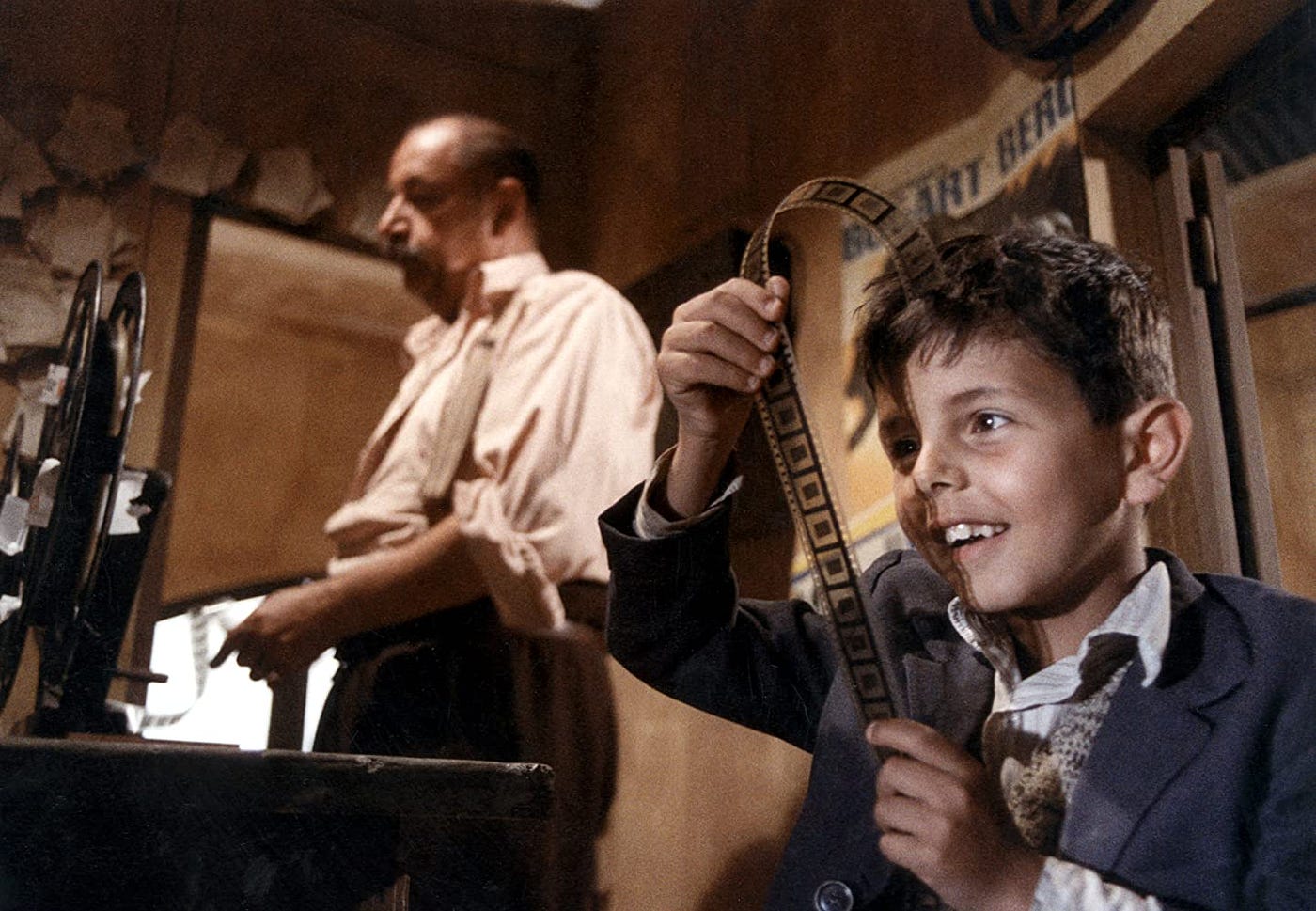The 2010 film The Social Network, directed by David Fincher and scripted by Aaron Sorkin, is more than a biographical account of Facebook’s creation. In the context of the digital age, the movie serves as a multi-faceted representation of technological disruption, the redefinition of human relationships, and the ethical ambiguities that permeate our increasingly connected society. Examining what The Social Network truly represents today requires an exploration of its themes, real-life underpinnings, and the evolving digital landscape.
Digital Entrepreneurship and the Cult of Innovation
At its essence, The Social Network vividly depicts Facebook’s founding tale, highlighting the quintessential figure of the digital age: a brilliant college dropout who revolutionizes conventional markets. The movie encapsulates the early 2000s tech surge, which turned dorms into incubators for billion-dollar enterprises. Mark Zuckerberg’s relentless ambition, portrayed by Jesse Eisenberg, reflects Silicon Valley’s spirit of innovation, where bold concepts—enhanced by programming—can transform not only economies but also the very nature of social interaction.
The film illustrates how the age of the Internet democratized opportunity while simultaneously introducing a new elite: those who possess the technical skills and vision to harness vast networks. The casting of Ivy League campuses as crucibles for tech innovation is grounded in reality. Statistical data from Crunchbase and AngelList emphasize that a significant proportion of unicorn startups originated with founders from elite universities, reinforcing the mythos that the film projects.
Redefining Friendship and Social Dynamics
The phrase, “Reaching 500 million friends comes with its share of adversaries,” highlights a core contradiction of the digital age. Social media sites, with Facebook being the most prominent, have profoundly transformed the idea of friendship. The Social Network explores the conflict between genuine personal connections and online interactions. The personal breakdown between Zuckerberg and Eduardo Saverin, who co-founded the company with him, illustrates how technology can simultaneously foster and undermine trust.
Studies such as these emphasize the point: A report from the Oxford Internet Institute noted that even though a typical Facebook user could have numerous online connections, significant offline bonds either stayed the same or decreased, demonstrating Dunbar’s number theory. The film’s storytelling strength lies in how it reflects this contradiction—focusing not only on the expansion of social networks, but also the personal sacrifices involved.
Morality, Possession, and the Online Gold Fever
The question of intellectual property haunts the film, embodied in the legal battles between Zuckerberg, the Winklevoss twins, and Saverin. This dramatization echoes broader trends in digital innovation: the tension between collaborative creativity and ruthless competition. The movie is a window into a world where the race to claim ownership supersedes traditional ethical boundaries.
The film’s legal conflict highlights recurring themes in the tech industry, seen in cases like Google vs. Oracle or Snapchat’s beginnings, which emphasize ongoing debates about coding, concepts, and recognition. These disputes are not just narrative elements but symbolize a digital economy that frequently values rapid growth and market leadership above moral principles and fairness.
Stories of Disconnection in an Overconnected World
A persistent theme in The Social Network is the depiction of solitude amidst widespread connection. Mark Zuckerberg, while creating a tool meant to unite individuals, is shown as inherently solitary—a concept often highlighted in studies about the psychological effects of social networks. A study from the American Journal of Preventive Medicine (2017) found a link between heavy use of social media and feelings of social loneliness in young adults. Consequently, the movie can be seen as both a creation narrative and a warning story.
a través de su paleta de colores fríos, diálogos rápidos y el guion de Sorkin, la película describe un escenario donde la ambición es emocionante, pero las relaciones son desechables. anticipa debates sobre el impacto de las plataformas digitales en la salud mental, la autoestima y las conexiones humanas, temas que se han vuelto más relevantes en el mundo posterior a 2010.
The Power Dynamics of Data and Influence
Although based in Facebook’s infancy, The Social Network predicts the vast influence digital platforms would eventually gain. Apart from linking individuals, Facebook’s transformation into a marketing powerhouse relying on data and a crucial player in political and social conversations isn’t directly shown in the film but becomes evident with hindsight. The film’s depiction of Facebook as an entity that swiftly surpasses its founders’ moral guidelines reflects ongoing issues regarding platform responsibility.
Cambridge Analytica and the continuous discussions about content moderation highlight how current digital powerhouses possess an influence surpassing that of companies in past times. The Social Network serves as a forward-thinking story, encouraging viewers to consider the extent of control we actually hold over technologies that essentially define our societal reality.
Legacy for the internet
Over a decade later, the impact of The Social Network persists not simply through its storytelling but as a cultural lens on our collective digital journey. Its enduring relevance lies in the questions it poses—about innovation’s double-edged sword, the mutable definition of connection, the ethics of ownership, and the profound solitude that can characterize digital life.
Viewing the film today encourages a nuanced contemplation of what we have gained and what we have forfeited in the relentless pursuit of connectivity and progress. Through its depiction of meteoric success and personal fallout, The Social Network holds a mirror to the ambitions and anxieties that define the digital age, urging continuous reflection about the trajectories we choose and the values we elevate in our networked world.





:max_bytes(150000):strip_icc():focal(739x450:741x452)/Jane-Fonda-Aging-021925-tout-f137f9574daa4038ad78a8269bfdcf9a.jpg)